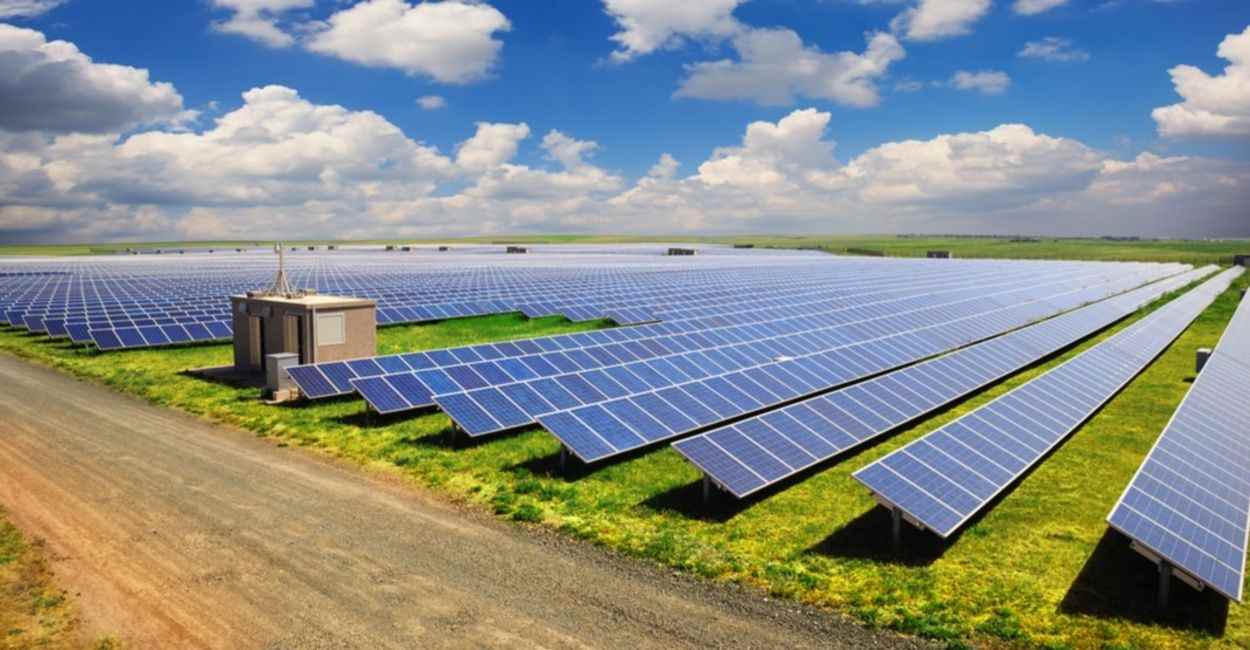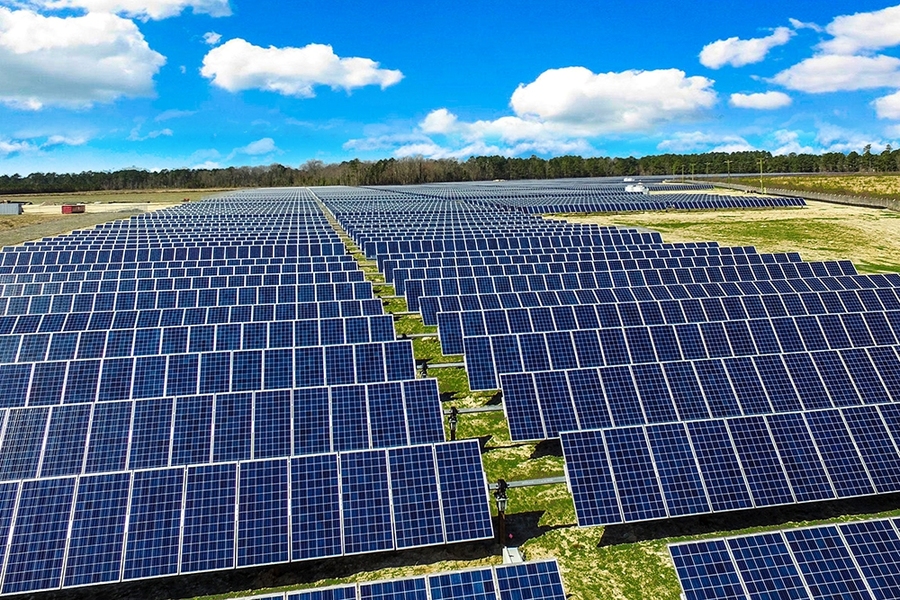Explore the latest technology in renewable energy with Solar Panels.
Explore the latest technology in renewable energy with Solar Panels.
Blog Article
The Ultimate Guide to Choosing the Ideal Solar Panels
Picking the perfect solar panels is a multifaceted decision that goes beyond mere appearances or rate. It involves a mindful analysis of different kinds, consisting of monocrystalline, polycrystalline, and thin-film options, each presenting unique benefits and downsides. Comprehending efficiency rankings, costs, and installment needs is essential for making an educated choice that straightens with your energy requirements and budget. As the landscape of solar modern technology continues to evolve, the effects of your decision can have enduring effects-- both economically and environmentally. What elements should you focus on to guarantee optimum performance and sustainability?
Understanding Photovoltaic Panel Kind

Monocrystalline panels are constructed from a single crystal framework, using high effectiveness and space-saving benefits. They commonly execute well in low-light problems and have a longer lifespan, making them a popular selection for domestic installments - Solar Panels. On the other hand, polycrystalline panels comprise multiple crystal structures, bring about a somewhat lower effectiveness rate. Nonetheless, they are usually extra inexpensive and can be a feasible choice for larger installations where area is less of a concern.
Thin-film photovoltaic panels are made from a range of materials, consisting of cadmium telluride and amorphous silicon. They are light-weight and flexible, permitting for one-of-a-kind applications, such as assimilation right into structure products. Although they often tend to have reduced effectiveness rates compared to crystalline panels, their installment expenses and adaptability can make them an attractive option for specific tasks.
Recognizing these types will certainly equip you to make informed decisions based upon your energy needs and budget plan considerations.

Assessing Efficiency Rankings
Examining effectiveness ratings is critical for choosing photovoltaic panels that line up with your power goals. The effectiveness of a photovoltaic panel indicates the portion of sunshine converted right into usable power. Higher performance rankings suggest that panels can create even more energy in a provided location, making them particularly useful for installments with limited area.
Conventional solar panel performances range from 15% to over 22%. When contrasting alternatives, it is vital to take into consideration the type of solar innovation made use of, as monocrystalline panels normally provide higher performance than polycrystalline panels. However, performance is not the sole requirement; elements such as setup alignment, shading, and neighborhood climate can dramatically impact general performance.
Additionally, comprehending the effectiveness rating's implications for power manufacturing over time is important. Greater efficiency panels may offer far better returns on investment, especially in locations with high electrical energy prices or minimal installation space. It's a good idea to look for panels with a strong efficiency service warranty, as this can offer added assurance of their longevity and efficiency. By thoroughly assessing effectiveness scores, you can make an enlightened decision that optimizes your solar power potential and meets your particular power demands.
Comparing Expenses and Guarantees
Expense and warranty considerations are necessary elements in the solar panel choice process. When evaluating solar panels, the in advance a knockout post cost is a key worry.
Guarantees are equally essential, as they offer insight right into the manufacturer's confidence in their item. Most credible solar panels featured two sorts of service warranties: performance and item. Efficiency Our site service warranties typically guarantee a specific result level for 25 years, making sure that the panels will certainly preserve their performance in time. Product guarantees, on the various other hand, cover issues and craftsmanship, typically lasting between 10 to 25 years.
When contrasting expenses and service warranties, think about the lasting implications of both. A lower-priced panel with a short guarantee might wind up being more costly if performance declines or fixings are needed quicker than expected. For that reason, it's important to stabilize initial prices with the protection used by durable guarantee options.
Setup Factors To Consider

Following, think about the orientation and tilt of the solar panels. Preferably, panels need to be positioned to optimize sunlight exposure throughout the day. South-facing installments generally generate the greatest power production, however east and west positionings can also be reliable depending on your energy needs.
Additionally, regional building regulations and regulations must be assessed before installation. Permitting requirements can differ significantly by area, and conformity is important to avoid potential fines or required removals.
Finally, hiring a qualified expert for installation is important (Solar Panels). Experienced installers will certainly guarantee that the system is correctly placed, connected, and certified with all security requirements. This choice can ultimately boost the longevity and efficiency of your solar power system, making it a worthwhile financial investment for your Read More Here renewable resource requirements
Upkeep and Longevity
Proper maintenance is vital for ensuring the long life and optimal efficiency of solar panels. Normal assessments and cleaning are important components of this maintenance regimen. Dirt, particles, and snow build-up can considerably impede energy production, so it is recommended to clean up the panels occasionally, ideally every 6 months or after significant weather occasions.
In addition, monitoring the system's performance with a solar monitoring application or device allows property owners to identify any type of drops in power output that may show concerns calling for attention. It's also prudent to examine for any kind of indicators of wear or damages, such as cracks in the panels or deterioration in the circuitry. Buying high-quality photovoltaic panels frequently features longer guarantees, typically ranging from 25 to three decades, which can function as an indicator of their expected durability.
Regular professional inspections can additionally improve the life-span of your solar power system, guaranteeing that any kind of possible problems are dealt with immediately (Solar Panels). By sticking to these maintenance practices, home owners can make best use of not just the effectiveness of their photovoltaic panels but also their return on financial investment over the years, adding to a lasting energy future
Verdict
In conclusion, picking the optimum solar panels demands a detailed examination of different elements, including panel kinds, effectiveness scores, prices, and guarantees. Setup factors to consider and ongoing maintenance play important roles in making sure the durability and efficiency of the solar power system.
Report this page